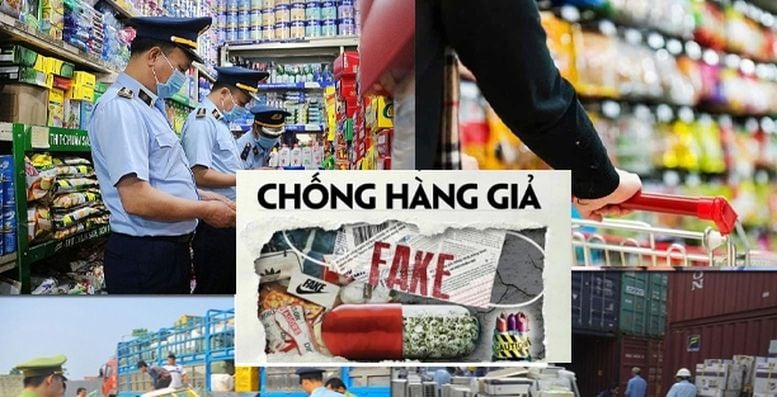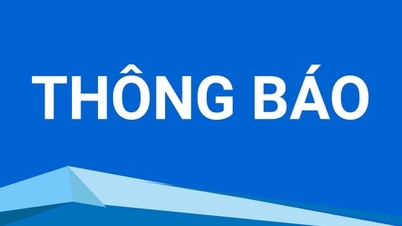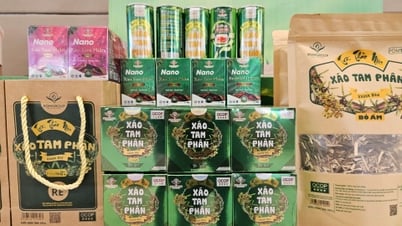The phrase “smart consumer” sounds… reasonable, but if you think about it, it’s like a way to “kick the ball of responsibility” to the consumer when the consumer himself – the victim of this situation – is asked to protect himself in a market with pitfalls that he did not create, cannot control, and does not have enough tools to distinguish.
 |
| There are no forbidden zones in the fight against counterfeit and fake goods. Photo: Internet |
In a market where goods are produced, circulated legally, have certification stamps, and are advertised heavily, from clinics, hospitals to traditional markets... it is impossible to ask consumers to be smart and recognize poor quality products.
No one goes shopping with testing equipment, nor can anyone single-handedly trace the origin, quality, and safety of every daily consumer item. Not all consumers have enough knowledge and understanding to be able to recognize quality just by reading the ingredient label (not to mention how to know that the ingredient label is… real).
Consumers place great trust in the operating system: legal regulations; control by authorities from the production stage, quality control… and trust in the ethics of both producers and sellers. Obviously, the appearance of fake and poor quality products shows the loopholes and weaknesses in that operating system; and consumers are the victims who have to suffer the consequences: money lost, health threatened and trust lost.
In the chain from production to distribution, from inspection to communication, consumers are just the last point but are put in the position of having to be "smart", "alert", "read the label carefully" as if they can bear all the responsibility when the market is like a matrix.
Raising consumer awareness is necessary, but if encouraging “smart” becomes a cover to justify loopholes in supervision, management, and compromises in business ethics, then it is no longer advice – but an excuse to shirk responsibility.
The focus needs to shift: fromeducating buyers to holding sellers, manufacturers, distribution channels, and inspection and testing agencies accountable. Consumers do not need more theoretical lessons on how to distinguish genuine from fake goods – they need a legal system strong enough to prevent fraud at its source, sanctions severe enough so that no one dares to disregard public health, and inspection centers and authorities that operate transparently, independently, and without compromise for group interests.
Consumers need to be protected by strict laws, responsibility of management agencies, ethics of producers and conscience of sellers.
Source: https://baodaklak.vn/xa-hoi/202506/tieu-dung-thong-minh-khong-phai-binh-phong-bien-minh-cho-lo-hong-quan-ly-6b21458/




















































































Comment (0)